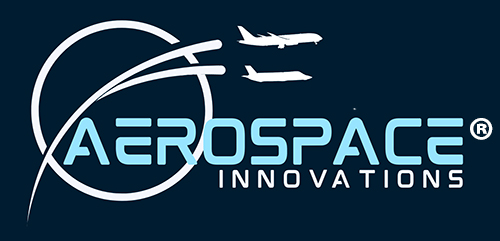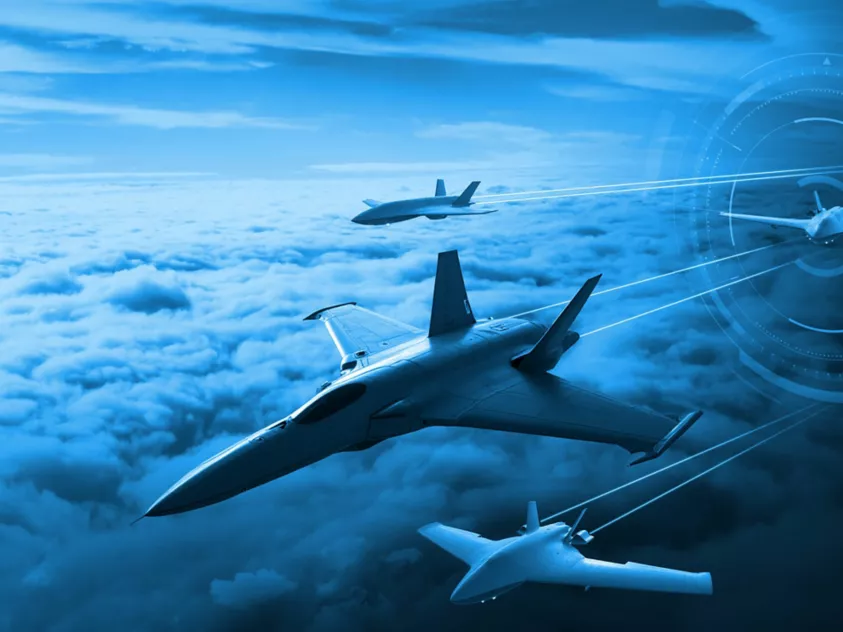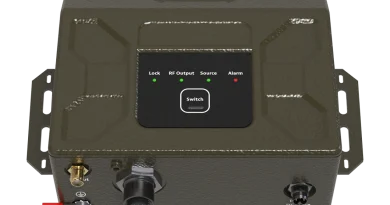Honeywell Unveils New Small-Thrust-Class Aircraft Engine For Uncrewed Military Operations
Honeywell’s HON1600 engine is designed to meet the cost, speed and performance needs of next-generation platforms
Honeywell has unveiled a new small-thrust-class engine, the HON1600, for the collaborative combat aircraft (CCA) and unmanned aircraft system (UAS) market during the annual Air, Space & Cyber Conference organized by the Air & Space Forces Association in Washington, D.C.
The CCA engine, HON1600, meets all mission-critical performance parameters, including high-altitude capabilities up to 40,000 feet, rigorous G-level performance and ability to reach maneuvering targets. The CCA program proposed by USAF is a multi-pronged initiative to test, develop and implement new autonomous and manned-unmanned aircraft teaming concepts.
The HON1600 propulsion system is designed to go “from model to metal” quickly. A significant percentage of the materials in the engine are capable of being additively manufactured or produced with high-volume manufacturing techniques like metal injection molding, enabling both speed and supply chain resilience.
“We’ve designed this engine to meet the new generation of CCA and UAS platforms that require unprecedented performance to keep pace with mission demands. Our propulsion system is based on proven and tested technology in use today, plus the latest advancements in digital modeling and manufacturing, to enable a cost-effective and efficient solution for military operators.”
Dave Marinick, president, Engines and Power Systems, Honeywell Aerospace Technologies.
The HON1600 engine’s low-cost, flexible and scalable architecture supports both turbojet or turbofan variants from 800-to-1600 pound-force thrust and scalable for additional thrust as required. The core engine has been demonstrated at rated thrust.
Honeywell is leveraging a systems engineering approach with digital modeling, which enables faster design and build, seamless integration and more accurate evaluation at the air vehicle level to assist in development.
This engine family also supports long-term storage prior to use.




